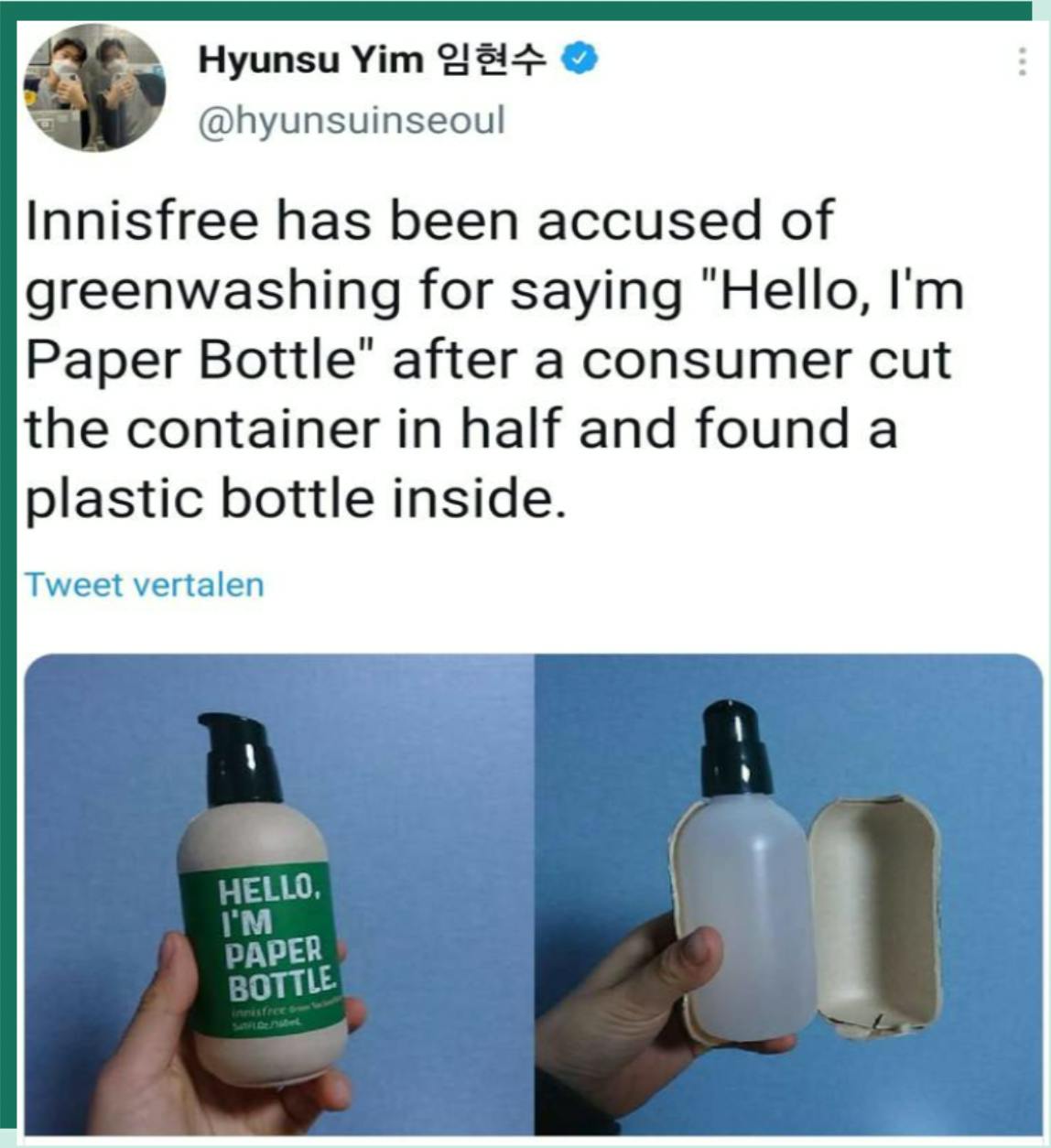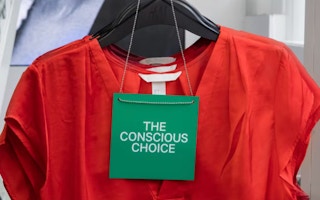Pushback against false, exaggerated or misleading sustainability claims will depend on consumer advocacy and corporate disclosure in much of Asia this year, and is unlikely to follow the same aggressive regulatory and legal trajectory as in the West, experts say.
Multinational companies including Shell, H&M, Deutsche Bank and HSBC have faced law suits for greenwashing in Europe and the United States over the past 18 months, but that level of scrutiny is unlikely to play out in Asia – at least not yet.
It will take time for rules that require Asian firms to disclose their impact to have an impact in driving accountability as regulators process data to police greenwash, said Namit Agarwal, social transformation lead for the World Benchmarking Alliance, a group that measures business impact.
Sustainability reporting is now mandatory in territories including China, India, Japan, South Korea, Hong Kong and Singapore. However, a report by professional services firm EY in December found that while more companies now disclose environmental, social and governance (ESG) data, following through with action remains an issue.
Japan and Singapore issued guidelines for the finance sector to avoid greenwashing with ESG disclosures at the start of the year.
As corporate disclosure regulations bed in, tackling greenwashing will depend largely on consumers to call out rogue claims, Agarwal told Eco-Business on the sidelines of The Economist Impact’s Sustainability Week event in Singapore.
“
Have we reached ‘peak greenwash’? I don’t think we have.
Gill Wilson, adjunct professor, sustainability marketing, IE Business School

The social media post on Innisfree’s ‘Hello, I’m Paper Bottle’ packaging led to guidelines for brands on sustainability communications.
In 2021, a social media post that criticised Korean cosmetics brand Innisfree for claiming a bottle containing a plastic lining was made from paper is the most memorable example of consumers policing greenwash in Asia.
The exposé prompted Korea’s Fair Trade Commission to issue voluntary guidelines for companies making sustainability claims, although these guidelines have been criticised for being vague and have not led to penalties for offenders.
Anjali Viswamohanan, policy director for Asia Investor Group on Climate Change, a Hong Kong-based non-profit that advocates for low-carbon investing, notes that in more controlled Asian societies, civic society has been less active at policing greenwash than in the West.
However, engaging investors on ESG disclosure could still effectively hold firms to account, she said.
Global investors want to see the same sustainability standards that exist in Europe and the United States applied in Asia, which should help to raise the bar for compliance and help to weed out greenwashing, she noted.
SHADES OF GREENWASH
In January, non-profit Planet Tracker drew up six new definitions of greenwash to reflect how marketing tactics are changing to sell sustainability credentials to consumers and investors.
GREEN-CROWDING
Brands hide in a crowd, manoeuvre alongside peers, say similar things to competitors to avoid scrutiny. Examples include industry alliances, such as the Alliance to End Plastic Waste, a waste non-profit backed by Big Oil. “Brands say they are in an alliance, giving the impression the must be doing something right,” comments Wilson.
GREEN-LIGHTING
Highlighting a small green action to divert attention from bigger environmental impacts elsewhere. Examples include “sustainable” packaging for an unhealthy or eco-unfriendly product, or claiming a product is “100 per cent recyclable” when that product is sold in a country with poor or no recycling infrastructure.
GREEN-SHIFTING
Shifting blame to the consumer. BP’s popularisation of the carbon footprint is a classic example. Shell also green-shifted in 2020, when it asked consumers “What are you willing to change to help reduce emissions?” in a social media campaign.
GREEN-LABELLING
Misleading consumers with “biodegradable”, “recyclable”, “natural” labels. An example is products labelled “ocean plastic” when the plastic is not actually retrieved from the ocean, just near it.
GREEN-RINSING
Changing targets before they’re achieved. Coca-Cola and PepsiCo both have a history of moving their plastic reduction and recycling targets.
GREEN-HUSHING
Avoid scrutiny by going quiet. A study by South Pole last year found that one in four firms with net-zero targets do not talk about them.
The scale of legal action taken against greenwashing firms in the West may not materialise in Asia yet, Viswamohanan added.
The approach taken by environmental law charity ClientEarth hints at the regional differences in how the law will be used to tackle greenwash. While in France, ClientEarth has sued Danone for inadequate plastic commitments, in China the non-profit has trained judges in how to better handle environmental disputes, said Viswamohanan.
She pointed out that rules on greenwashing are still new in the West too, and rules around corporate disclosure in Asia will eventually “translate into enforceable regulations.”
From 1 January, it became illegal to use the term “carbon neutral” in France without data to back claims up, while the European Union’s ‘anti-greenwashing law’, to be drafted in March, also takes aim at questionable climate pledges.
Similar legislation is expected to be enacted in the US this year to stop companies misleading investors with questionable ESG credentials.
No end to greenwashing in 2023
Though tougher regulations to crack down on greenwashing may be on the horizon, companies will continue to exaggerate their sustainability credentials because there is a financial incentive to do so, said Steven Okun, founder of APAC Advisors, a sustainability advisory firm.
“If companies make themselves more attractive from an ESG perspective, they can raise more capital from investors, get lower interest rates from banks, make themselves more attractive to consumers, and more attractive to existing and potential employees,” he said.
Greenwashing is dangerous because it distorts market pricing, affects investor confidence and diverts funds into the wrong places – which compromises sustainability goals – Viswamohanan commented.
But it could be another big year for thin green claims, particularly from brands claiming to be “carbon neutral”, predicts Gill Wilson, adjunct professor in sustainability marketing at IE Business School in Madrid.
A recent study by carbon offsetting firm Kana Earth suggests why companies are lured into making carbon neutrality claims. One in three investors in the UK said they plan to invest in funds that have reduced their carbon footprint – even if these funds have not performed particularly well.
Wilson said businesses also feel under pressure to communicate sustainability to stay competitive, but often lack the knowledge or skills to communicate sustainability credibly, leaving themselves open to greenwashing allegations.
In her estimation, 90 per cent of corporate marketing departments do not have sustainability embedded in the function, while for many, sustainability is “not even on their radar.”
”Brands will need to be more careful how they communicate. Every other brand seems to be saying that their products are ‘good for the planet’. This will be the year that they really need to prove it,” said Wilson.

















